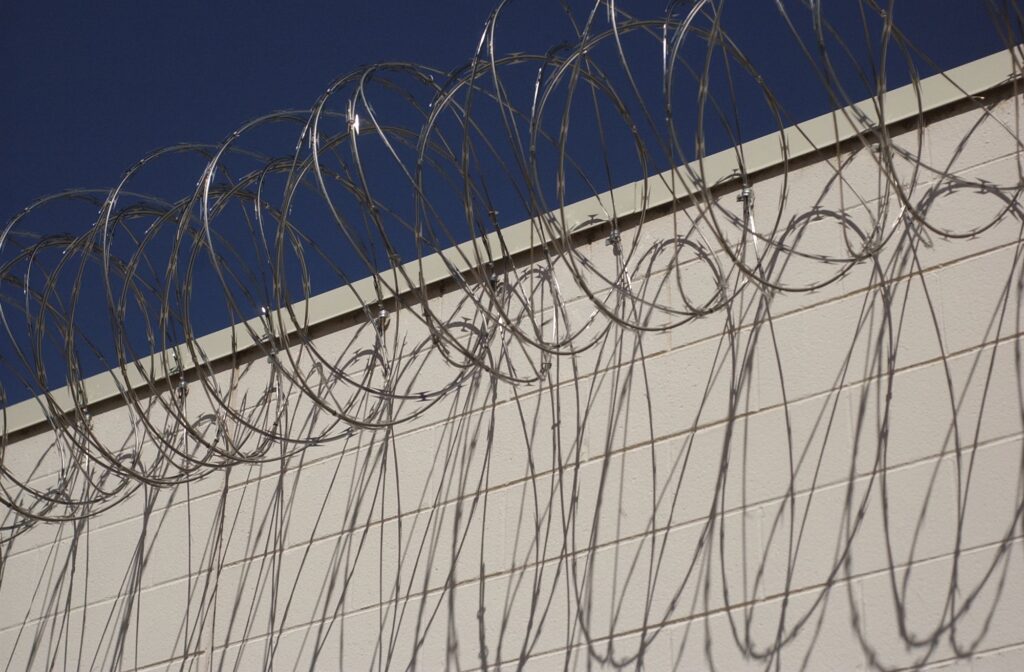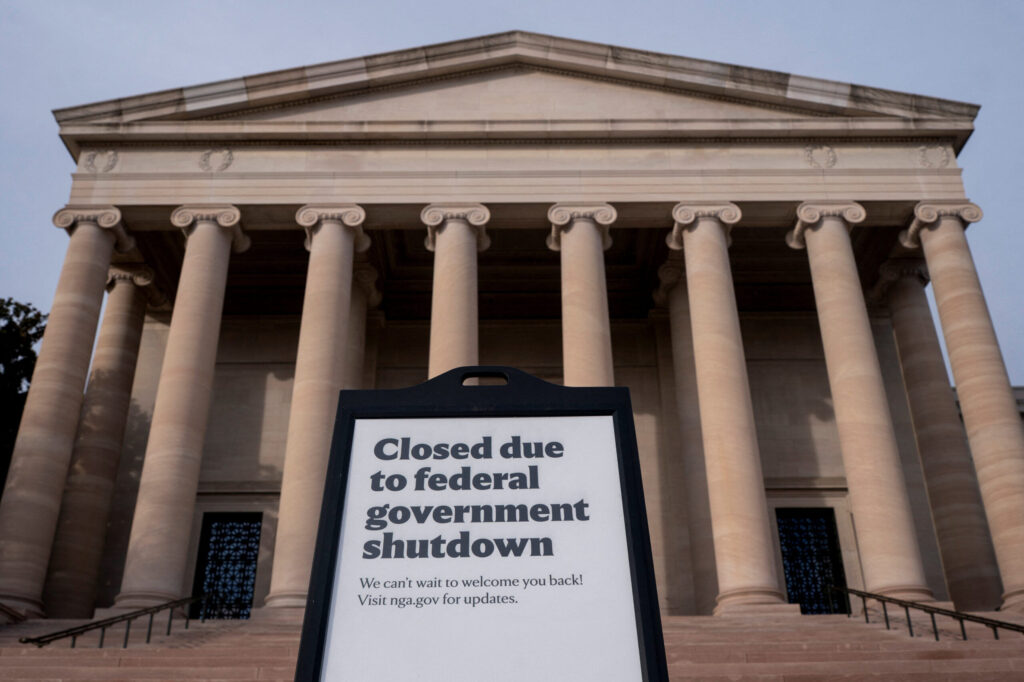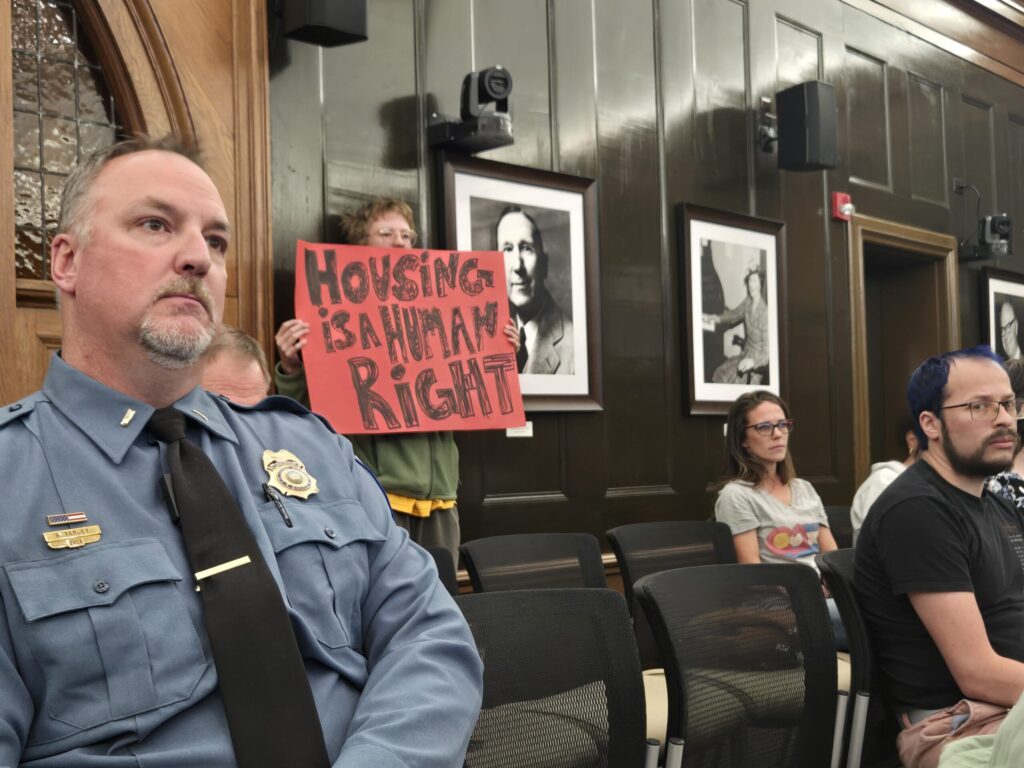Bennet will have a fight, but how much of one is TBD

There is a reason so many Republican candidates are in the race to take a shot at unseating Democratic U.S. Sen. Michael Bennet … besides the fact the GOP’s stronger top-tier bench of candidates all decided not to run. Colorado’s open Senate seat is one of nine seats nationwide that has been identified as competitive, and in one of the most important battleground states to boot.
While Bennet is incredibly well-funded and financially prepared for a fight, the fact that the Senate seat is in play during a presidential year complicates the equation for him and the Democratic Party. Historically, Senate seats are uniquely tied to presidential races and can pivot on a dime depending on the national mood of the electorate.
In 2016, voters are in no mood for incumbents.
Unfortunately for Bennet, much of his success at the ballot box in November will be tied to Hillary Clinton or Bernie Sanders’s performance.
Clinton continues to trail her Democratic Primary opponent Sen. Bernie Sanders in public opinion polling in Colorado, where she lost the Democrats’ Super Tuesday caucus on March 1 and has gone on to lose by greater margins in party assemblies that have followed — one of many signs that the state’s mood is anti-establishment, a typically Republican symptom being felt by the Democratic body.
Meanwhile, Bennet’s own polling numbers have reflected the struggle of an incumbent in a very anti-incumbent election cycle. Early polls showed him worse off than his former counterpart Sen. Mark Udall at this point in his election, which he lost to now U.S. Sen. Cory Gardner in 2014.
The late 2015 polls indicate voters are struggling with whether to let Bennet keep his job. In an early Quinnipiac poll conducted on the race last August, voters were not inclined to give Bennet another shot. Only 32 percent of voters said he should be re-elected in 2016, while 40 percent say he should not.
A more recent poll shows those figures have stayed stagnant. A November Quinnipiac poll revealed that only 30 percent of voters thought he ought to be re-elected, while 41 percent believe he should not.
Recent public polling in the race is nonexistent, a potential sign that — until a single Republican is nominated from the bunch in the June primary — internal polling will rule the day for the Bennet camp.
Some of the sentiment identified in the early polls could be tied to the presidential contest, but Bennet has had to make some hard votes of his own.
His public support of the Iran nuclear deal is a position many Republican operatives see as his weakest link.
The question is, though, will issues like the Iran dela be all that critical come November? Pundits seem reluctant to answer that question while the outcome of the Republican Party’s U.S. Senate primary is itself so hard to predict.
While the Republican primary drama plays out, Bennet’s team has identified an agenda to attempt to overshadow the divisive Iran deal, focusing on strengthening national security. He recently urged Congress to bring up and pass the bipartisan Visa Waiver Program Security Enhancement Act and he also passed a measure with Senate colleagues to strengthen airport security.
Bennet has a lot of political breathing room. Republicans will be spending the next three months selecting their candidate from between Darryl Glenn or one of potentially four petition-route candidates including Jack Graham, former state Rep. Jon Keyser, Robert Blaha or Ryan Frazier in what will surely be a bruising primary battle. Meanwhile, Bennet will continue to fundraise and campaign with no primary challenger of his own.
This is not 2014 where Republicans were united behind one, strong candidate, Cory Gardner. As a result, once a single, Republican challenger emerges on June 28, Bennet will have had the time to be ready for a contest.
And he is accustomed to tight races.
When he was elected to his first term in 2010, he defeated Republican Ken Buck by just over 28,000 votes in a contest where nearly 2 million votes were cast.
Bennet also has the money advantage. In anticipation of a tough fight he raised money early, amassing a $6.7 million war chest already this election cycle. While outside conservative, third-party investors are abundant if and when they see the value, the Colorado GOP alone will have an incredibly tough time matching Bennet’s account balance. As recently as the first of the year, the state party had at least one campaign committee that was more than $100,000 in debt.
Another Bennet advantage is the fact that no GOP leaders with significant name ID have stepped up to run against him. U.S. Rep. Mike Coffman and Attorney General Cynthia Coffman — two of the most recently successful names in Colorado statewide politics — both declined the opportunity to run for the seat as did Republican darling 18th Judicial District Attorney George Brauchler.
With no headliner opponents and a dozen challengers spread across the Republican field, Bennet has the luxury of time on his side for careful, strategic maneuvering.
But come this fall, given the unmatched national political climate of utter disdain for incumbents, Bennet could end up in the fight of his political life.
The National Republican Senatorial Campaign Committee continues to chew on the thought of Bennet’s seat. As the Republican Party looks to maintain control of the Senate, one can bet that millions of dollars in outside money will come into play in the 2016 general election should the GOP identify an investment-worthy chink in Bennet’s armor. Looking to our most recent example, more than $100 million was spent on the Udall vs. Gardner Senate race during the 2014 midterms, according to the Center for Responsive Politics.
Two short years later, the stakes are even higher. In the wake of the death of Supreme Court Justice Antonin Scalia and the court’s resulting 4-4 limbo, battle lines are being drawn in U.S. Senate races across the country in what will undoubtedly be a historic fight for control of the legislature’s upper chamber.
As this race in Colorado continues to mature, the battle lines here can now be more easily visualized between Bennet and one of five potential challengers as opposed to what was a dozen or more just recently. But will the Republicans survive an expensive and divisive primary race to even put up a fight come July? Only time will tell.













